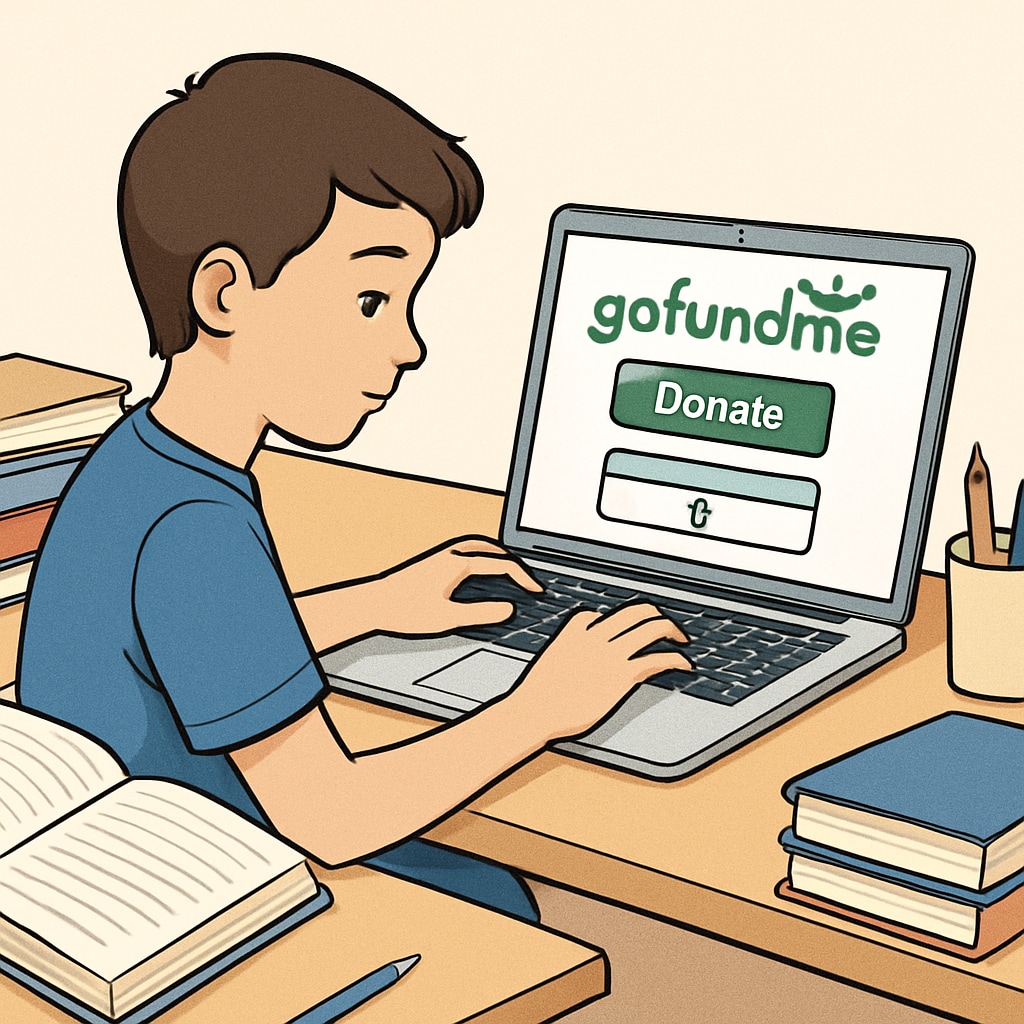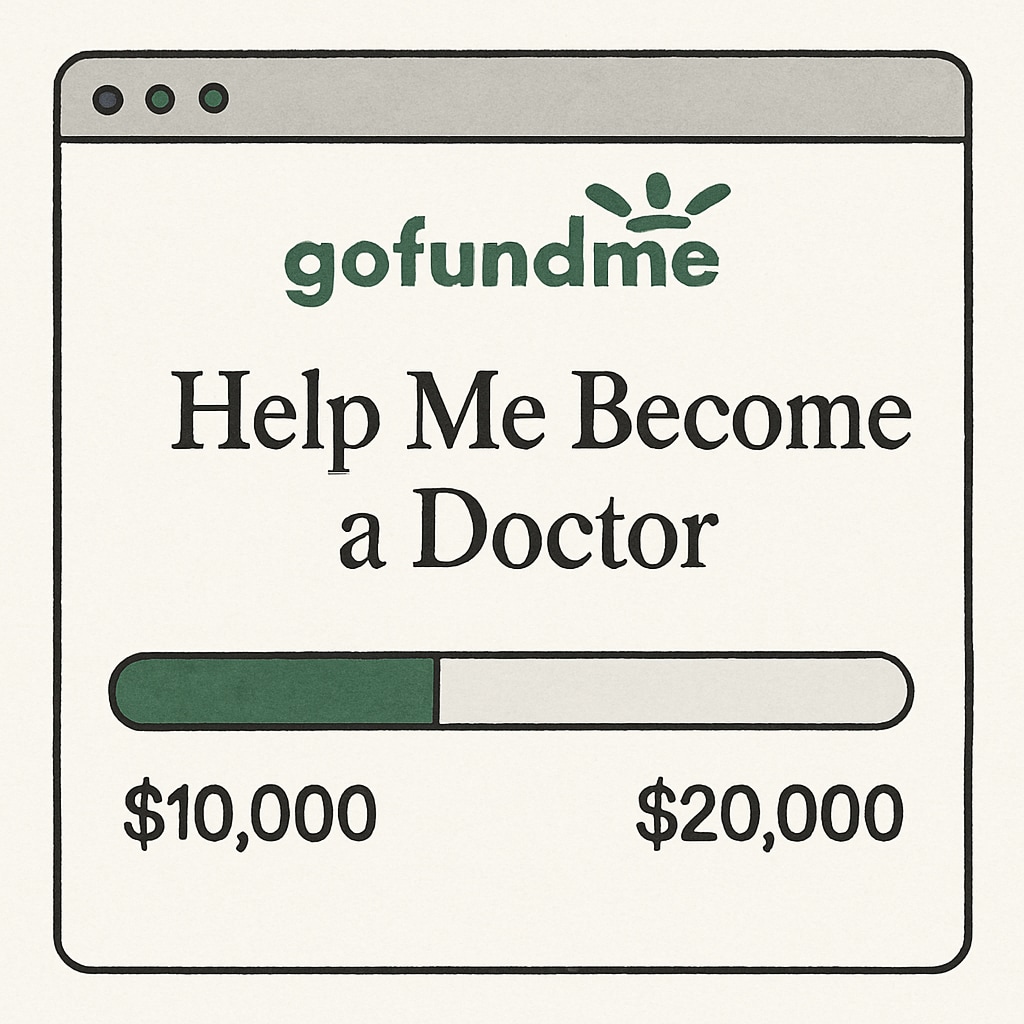For many aspiring students, particularly those aiming to enter competitive programs like medical school, the financial burden of higher education can be overwhelming. The rise of crowdfunding platforms such as GoFundMe has provided a lifeline for individuals facing tuition challenges. However, this reliance on public generosity highlights deeper systemic flaws in the K12 education system, which often fails to equip students with adequate financial literacy or prepare them for the realities of funding advanced degrees.

The Gap Between K12 Education and Financial Reality
The K12 education system plays a crucial role in shaping students’ futures, yet it often overlooks the importance of financial planning for higher education. While subjects like mathematics, science, and history are emphasized, practical skills such as personal finance and budgeting are rarely prioritized. This leaves students unprepared to navigate the complexities of tuition costs, loans, and scholarship applications once they graduate.
According to research on financial literacy, only a small percentage of high school students feel confident managing their finances upon graduation. As a result, many students face a harsh reality when they encounter unexpected expenses for tuition, housing, and textbooks in college. For those pursuing specialized fields like medicine, the financial strain can be even more intense due to longer program durations and higher costs.
How Crowdfunding Platforms Fill the Void
In recent years, crowdfunding platforms like GoFundMe have emerged as alternative solutions for students struggling to pay for their education. These platforms allow individuals to share personal stories and request donations from friends, family, and even strangers. While crowdfunding has helped countless students achieve their academic dreams, it also underscores the lack of systemic support for education affordability.
For example, many aspiring medical students turn to GoFundMe to raise funds for application fees, tuition, and living expenses. These campaigns often highlight the dedication and resilience of the students but also shed light on the barriers they face due to inadequate financial planning resources. As a result, crowdfunding has become a stopgap measure rather than a sustainable solution to the issue of tuition challenges.

Proposed Solutions: Reforming Financial Education and Support Systems
To address these challenges, stakeholders in education must advocate for systemic change. Here are several proposed solutions:
- Integrating Financial Literacy into K12 Curricula: Schools should include mandatory courses on budgeting, saving, and understanding student loans to prepare students for future financial decisions.
- Expanding Scholarships and Grants: Government programs and private organizations should increase funding opportunities to reduce reliance on loans and crowdfunding.
- Creating Transparent Cost Structures: Colleges and universities must provide clear and accessible information about tuition costs, hidden fees, and payment plans.
- Encouraging Community-Based Support: Local businesses and community organizations can assist students through sponsorship programs or mentorship initiatives.
By implementing these reforms, the education system can empower students to pursue their goals without undue financial stress. Additionally, raising awareness about financial planning from an early age can prevent students from turning to emergency solutions like crowdfunding.
Conclusion: Bridging the Gap for Aspiring Students
Tuition challenges are a significant barrier for many students, especially those pursuing demanding fields like medicine. While platforms like GoFundMe offer temporary relief, they are not a substitute for systemic change. The K12 education system must evolve to include financial literacy as a core component, ensuring that students are better equipped to manage the costs of higher education.
By reforming financial education and expanding support systems, society can create a more equitable environment for students to achieve their dreams. Until then, crowdfunding will remain a vital yet imperfect tool for those striving to overcome financial obstacles.
Readability guidance: Short paragraphs and lists improve clarity; transitions like “however” and “in addition” enhance flow; passive voice minimized for a stronger impact.


